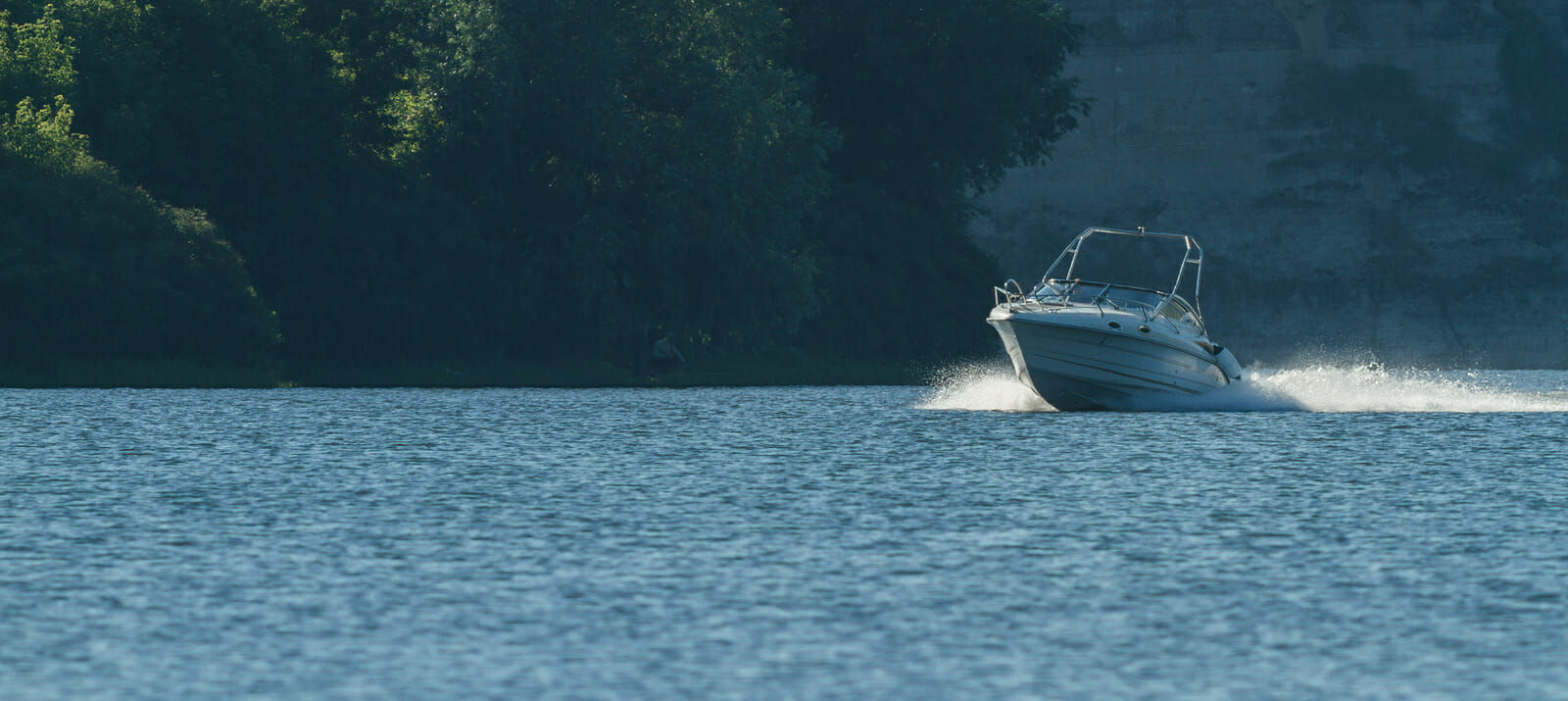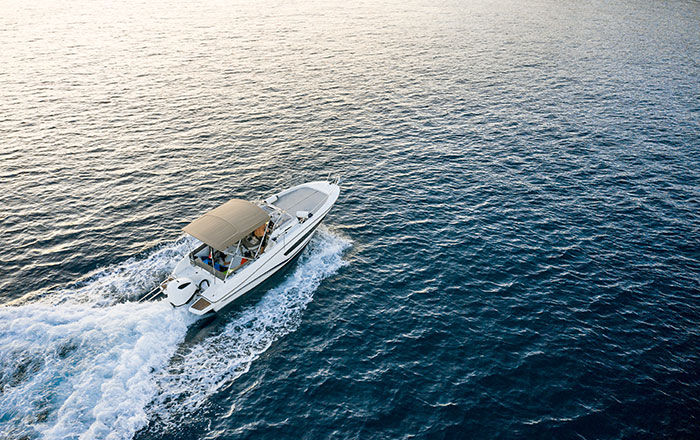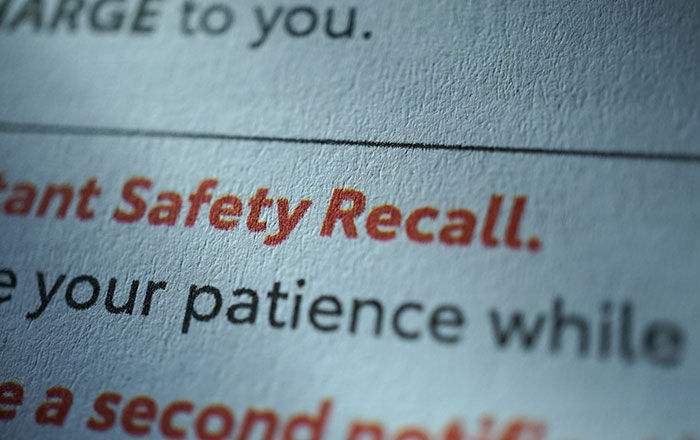How many of us love to go fishing with family and friends on Lake Murry, Lake Marion, Lake Wateree and the many other beautiful lakes in South Carolina? However, no one embarks on these fun fishing trips thinking something may happen that turns their trip into a tragedy. Unfortunately, boating accidents do occur, usually because the operator of a boat is negligent, intoxicated or disregarding speed and safety laws.
According to boating statistics compiled by the United States Coast Guard, South Carolina ranks #7 in the country for boating and lake-based accidents, just behind Florida, Texas, California and other states popular among tourists. Although the majority of lake accidents involve fishing and recreational boats, jet skis and other personal watercraft account for two out of every 10 water accidents in South Carolina.
Who Can Drive a Boat in South Carolina Legally?
You must be at least 16 years old to operate PWCs or boats without restrictions in South Carolina. However, teenagers under 16 years old can operate PWCs and boats powered with less than a 15 hp motor or powered by a 15+ hp motor if they are accompanied by someone older than 18 years old and have passed an approved boating safety course. In South Carolina, it is illegal for an adult to allow children they are temporarily or permanently responsible for to operate a PWC or boat.
Why Do Boating Accidents Happen?
Alcohol
The top reason fatal boating accidents occur involves alcohol. If the person operating a boat or other watercraft on South Carolina lakes is found to be intoxicated at the time of an accident, they could receive the same penalties given to people operating road-based vehicles. Although no laws exist in South Carolina that prohibits boaters from having open alcohol containers on their boats, this doesn’t mean it is legal for a boat’s operator to be drunk while driving the boat.
In South Carolina, penalties for operating a boat under the influence of alcohol includes fines up to $6000, imprisonment for three years and revocation/suspension of a boating license. In addition, boat operators convicted of OUI (operating under the influence) may be required to complete an Alcohol/Drug Safety Action and boating safety course at their expense. Felony boating under the influence carries a penalty of a possible $25,000 fine and 25 years imprisonment.
Operator Negligence, Inattention and/or Inexperience
These accident-prone situations typically occur when a boat is loaded with people partying and having a good time. Allowing someone who has never operated a boat get behind the wheel is just asking for a boating accident disaster. Remaining attentive and cognizant of your surroundings is essential for preventing injury or death while enjoying an afternoon on the water.
Not Maintaining Safe Speeds
Excessive speed is the main reason boaters strike other vessels or capsize. Speed limits for boats are based on the size of the body of water, although experienced boaters will use their own discretion in determining how safe it is to actually go as fast as the speed limit allows.
Operating Mechanically Unsafe Boats
Machinery failure involving the engine, steering components and structural integrity is another leading cause of boat accidents. Just like cars, boats also need regular maintenance to ensure they are not a danger to passengers or other boaters.
Dangerous Waters/ Wake or Wave Forces
When inclement weather or other water vessels produce large wakes or waves, the operator of a boat should have the knowledge and experience to navigate safely over hazardous waters. Shallow water, powerful currents and rocky lake bottoms are additional reasons for unexpected boating accidents.
What To Do If You are the Victim of Another Boater’s Negligence
The South Carolina Department of Natural Resources expects vessel operators to report boating accidents and any boating injury to the SCDNR if the accident results in loss of consciousness, loss of life, disability or requesting emergency medical treatment. Calling law enforcement to the scene of the boating accident will also give victims access to police statements to corroborate evidence that the accident was not their fault and was the fault of another boater.
Personal injury attorneys specializing in boating accident claims also advise those injured in boating accidents through no fault of their own try to get insurance and contact information from the at-fault boater as well as their boat’s hull ID number and boat name. If possible, take video or photos of all boats involved in the accident to support claims brought forth by your lawyer.
As soon as possible following a boating accident, contact a South Carolina boating accident lawyer who can immediately take over your case and provide you with the specific kind of legal support essential for receiving compensation for injuries sustained by a boating accident. If a death occurred due to the accident, your attorney can also help you file for wrongful death against the at-fault boat operator.

















